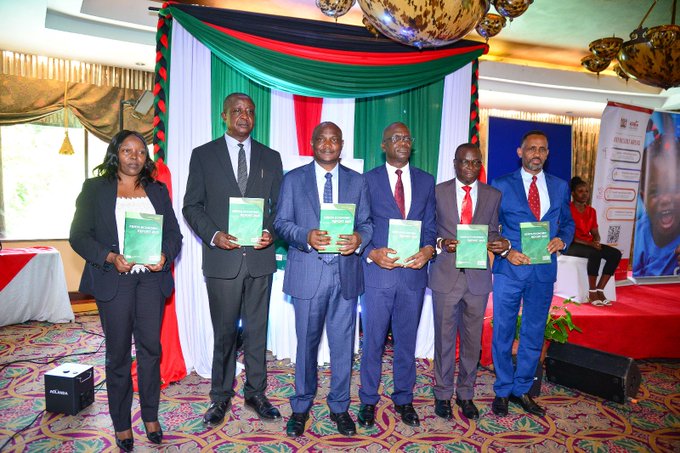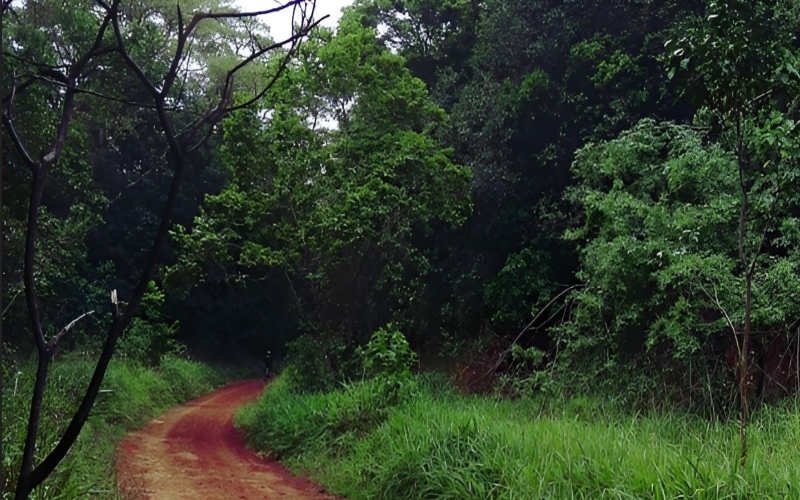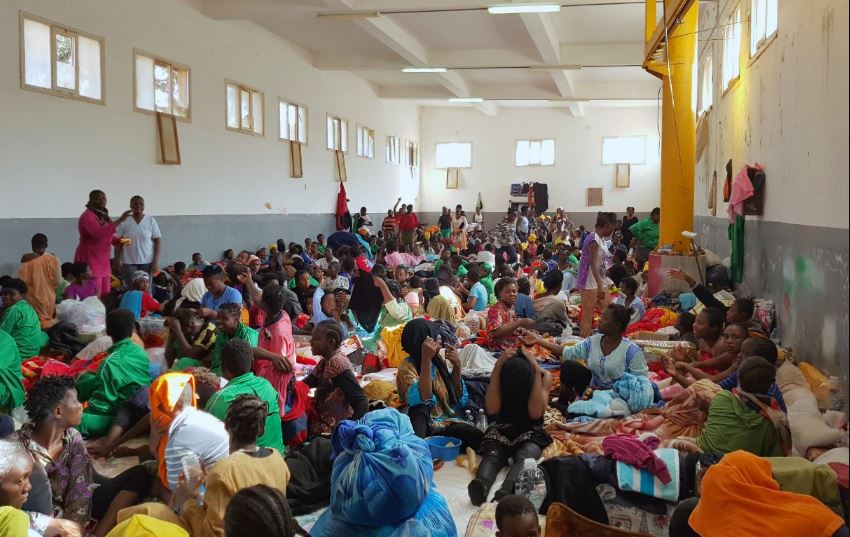OPINION: Socio-economic evolution good for northern Kenya’s stability

The shift from pastoralism to economic activities among Kenya’s Cushitic communities exemplifies broader socio-economic trends influenced by environmental transformations.
Northern Kenya is predominantly inhabited by Cushitic communities — the Somali, Borana, Sakuye, Gabra, Rendile, Garre, and Burji — whose socio-economic fabric is intricately woven around pastoralism and a transhumant lifestyle.
Over time, their traditional pastoralist lifestyle has encountered challenges from climatic changes and recurrent droughts, posing threats to their way of life.
More To Read
- Wajir police nab suspect with AK-47 rifle in ongoing crackdown on illegal firearms
- Northern region MPs accuse President Ruto of ignoring region in State of the Nation Address
- Diamond Trust Bank lands in Garissa, ignites push for financial inclusion in northern Kenya
- Northern Kenya mourns Raila, remembers his legacy of inclusion and justice
- Treasury rolls out new plan to expand financial inclusion in Northern Kenya
- Multi-agency team recovers 17 stolen goats in Marsabit, suspect arrested
The Borana, Gabra, Rendile, and Burji occupy Marsabit and Isiolo, while the Somalis are in Mandera, Wajir, and Garissa, collectively known as northeastern Kenya.
Adverse climatic conditions have led to a gradual transition among these communities from traditional pastoralism to diverse economic activities, including commerce and trade. This shift signifies a broader socio-economic evolution.
The Somalis have historically had a commercial advantage due to their geographic location and early exposure to trade routes connecting Africa with the Arab world. This has ingrained a robust commercial awareness within their culture, facilitating a smoother transition from pastoralism to business.
Their strong social trust networks underpin their success in commerce, allowing them to thrive both domestically and internationally. Somali entrepreneurs are industrious, with thriving businesses worldwide, contributing to the economies of their host countries while maintaining ties to their homelands, Kenya and Somalia.
Their ability to adapt and leverage their historical connections and commercial instincts has made them a formidable force in business. This can be seen in the ever-growing Eastleigh in Nairobi, Kenya's leading business district.
Among the Cushitic communities, business success varies due to several factors. The Somalis have progressed more rapidly in business compared to other groups. The Burji are unique within the Cushitic spectrum for their historical engagement in agriculture.
Climatic changes disrupted their agricultural lifestyle, prompting an earlier pivot to business. This has given them a competitive edge in various businesses, from retail to transportation. Their agricultural heritage has enabled a smoother transition into trade, enabling them to supply goods and services to their pastoral neighbours. This adaptability shows the resilience and innovative spirit inherent in these communities.
In contrast, the Borana, Gabra, and Rendile have mainly adhered to their pastoralist traditions, hindering their transition into business. However, recent trends indicate that the Borana and Gabra are beginning to emulate their Burji neighbours who do business. They are participating in the transport and livestock market, demonstrating a gradual but significant shift towards economic diversification.
This has also contributed to a reduction in conflicts among these communities, which previously fought over grazing land. Peace and stability in the region are crucial for sustainable development.
The shift from pastoralism to economic activities among Kenya’s Cushitic communities exemplifies broader socio-economic trends influenced by environmental transformations. Climate change remains a threat to traditional lifestyles, necessitating adaptive and resilient strategies.
For the Somali and Burji, early adaptation has facilitated economic diversification and integration into the business world. Their experiences offer valuable lessons on the importance of flexibility and capitalising on emerging opportunities.
Moreover, support from non-governmental organisations and government initiatives has played a crucial role in facilitating this transition. Programmes providing education, vocational training, and financial assistance have empowered these communities to venture into new economic activities.
The provision of microloans and the establishment of markets have promoted entrepreneurship among the Cushitic communities, thus contributing to the economic transformation of the region.
These communities embody a dynamic interplay between tradition and modernity. As they navigate the challenges of climatic changes and economic pressures, their adaptive strategies offer valuable insights into resilience and sustainable development in arid and semi-arid regions.
The evolving economic landscape, marked by the gradual transition of the Borana and Gabra into business, highlights the potential for these communities to achieve greater socio-economic stability and growth.
By embracing new economic activities, they are not only securing their future but also contributing to the broader economic development of the region. The stories of resilience and adaptability among the Somali, Burji, Borana, Gabra, and Rendile testify to the transformative power of entrepreneurship and the ability to overcome adversity.
Amina is a health record information officer, social change maker, and programme officer at Northern Frontier Medical Association.
Top Stories Today











































